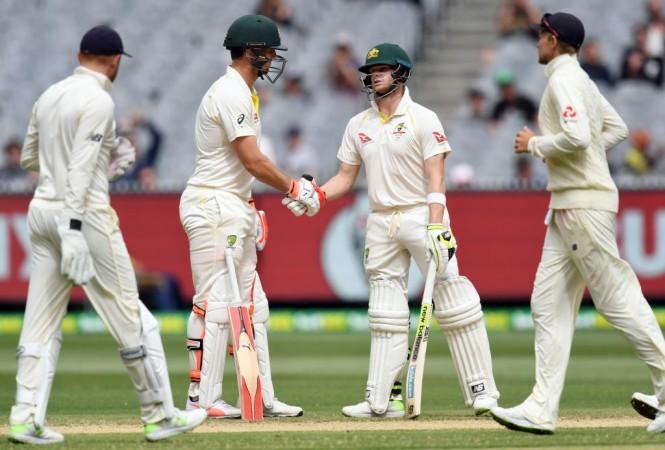
It's that time again, the days leading up to the Ashes series. The two nations involved – England and Australia – are once again more in love with cricket than they would be till the next instalment of this rivalry comes around. There is end-to-end coverage of the upcoming contest and every little story related to this contest, regardless of its inherent value, is being discussed fervently in the media. But while you, as a cricket fan, might be swept up by this euphoria as well, ask this simple question: Why is Ashes more important than any other series contested between two good teams?
The simple and blunt answer to this question is: there is no reason, it's just a dogma that has endured for decades. There is no reason why England playing Australia should be considered a better contest than Australia playing South Africa or England playing India. The reason why this series gets more attention than others is because it is the oldest sporting rivalry and has greater name recognition among the not-so-devoted followers of the sport in these two countries.
It's because of this greater profile of this series that it is regarded as the biggest stage for the players from these two countries. But as far as quality of cricket is concerned or the level of difficulty, the Ashes is no better than many other series and may even be less difficult than some.

Many admirers of this rivalry would argue that it produced the greatest Test series of all time – the 2005 Ashes in England. But that series was great due to the fact that Australia were at the pinnacle of Test cricket then and England, led by a spirited and resolute Michael Vaughan, wanted to defeat the best in the world.
The 2001 Test series between India and Australia was equally unforgettable as it also involved the top side in the World fighting it out against determined and pugnacious hosts. In fact, putting aside the 2005 rubber, the Ashes series over the years have rarely been that interesting. The five Ashes series that have taken place in Australia this century have all been one-sided affairs. Twice, the hosts have whitewashed the Poms and comprehensively beaten them on two other occasions (4-1 in 2002/03 and 4-0 in 2017/18). The only remaining series – 2010/11 – was also a one-sided affair, but with the English team winning instead of the Australian.
The series in England between these two teams in this century also haven't produced much excitement besides the epic of 2005. 2001 was an easy victory for the Aussies but in the 2013 and 2015 series, hosts had pummelled the Baggy Greens easily. The 2009 series was a better encounter but that too was won decisively by England.

If we move back into the 1990s, the contests were even more devoid of excitement. Since the 1989 debacle for hosts England, when Allan Border's supposedly, worst side ever to tour England hammered the hosts 4-0, England only had glimpses of opportunities to turn the tables on their oldest rivals.
In the 1980s, both these teams were average sides and West Indies were thrashing them easily. Ditto for late 1970s. Compared to this, the matches between Australia and West Indies in those days and India and Australia in more recent times have been more interesting.
One cannot escape the conclusion that the elevated status of Ashes is nothing more than a historical dogma powered by the lack of interest that the English and Australian public takes of their team's matches with other nations.
What is most galling is the fact that some people even have the nerve to suggest that this is the 'ultimate form of Test cricket.' Sorry, but if you think that, you are just a person with a very narrow vision of the game of cricket. There are far more exciting and engrossing contests taking place all the time. Just because this rivalry has an interesting origin story doesn't mean that winning it is tougher than others.
So, do enjoy the Ashes and cheer for the team you support. But, don't consider it the gold or platinum standard of the game.

















